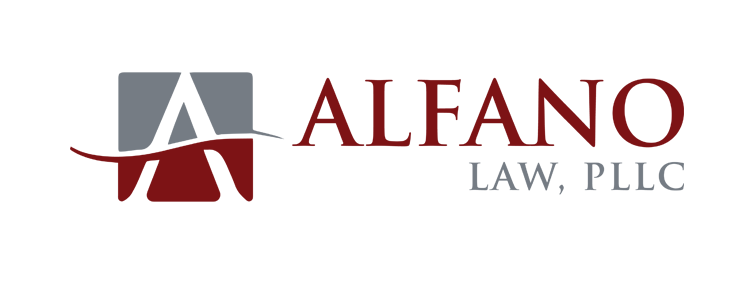Should You Form an Association for Your Private Road in New Hampshire?
Private Roads in NH Series - Part III
Should you form an Association for your Private Road in New Hampshire?
Maintaining a private road in New Hampshire can be a challenging task for residential owners and developers, especially when it comes to coordinating maintenance efforts, obtaining insurance coverage, and dealing with delinquent owners. However, forming an association for your private road can offer numerous advantages that make the process more streamlined and efficient. By creating a not-for-profit corporation, the property owners can simplify the road’s administration and enforcement mechanisms, establish clear leadership and financial management, and ensure the road is adequately protected through insurance coverage.
Simplified Administration and Enforcement:
One of the primary benefits of forming an association is simplified administration and enforcement. Similar to condominiums and home owner associations, having a separate entity to handle finances, to sue for collection if necessary, and to purchase insurance can greatly streamline these processes. By creating an association, you provide an additional layer of protection for the property owners with interests abutting the road. Not only does the entity itself serve as a safeguard, but the formation document can include indemnification provisions that further protect the members’ interests.
Leadership and Finances:
Leadership and finances can also be effectively managed through an association. With a larger group of owners, reaching agreements on maintenance can become challenging. However, an association can provide certain written provisions that address leadership responsibilities. This ensures that someone is responsible for coordinating meetings, sending minutes, and signing contracts, even if individuals change over time. Additionally, an association can hold funds in a separate account under its name, making it easier to manage finances when different individuals take on the association’s leadership roles.
Dealing with Delinquent Owners:
Handling delinquent owners can be a major hurdle in private road maintenance. Without an association, individual property owners must bring lawsuits in their own name, negotiate the maintenance costs with other owners, work to collect said maintenance costs, and potentially face counterclaims. However, with an association in place, legal actions can be pursued in the association's name, simplifying the process and reducing the potential liability of residential property owners and developers. This approach provides a more structured and efficient way to address any issues related to delinquent owners.
Insurance:
Insurance coverage is another important consideration when it comes to private road maintenance. Insurance companies are accustomed to issuing policies to associations to protect their properties from legal exposure and their officers from personal liability. By forming an association, you can facilitate obtaining insurance coverage for the road, providing additional protection for all parties with insurable interests. This ensures that any unexpected damages or accidents are adequately covered, reducing potential financial burdens on individual property owners. However, it is crucial that the association closely review the policy—when it becomes effective and at each renewal—to determine the extent of coverage for the private road in question.
Statutory Requirements:
To establish an association for your private road, it is crucial to follow the guidelines outlined in the New Hampshire Revised Statutes, specifically Title XXVII, Chapter 292, which pertains to voluntary corporations and associations. Consulting with an attorney who is familiar with New Hampshire laws and regulations is highly advisable to ensure compliance and to guide you through the formation process.
Adopting Bylaws:
When forming an association to manage a private road, it is necessary to adopt bylaws. According to the New Hampshire Revised Statutes Section 292:6, the initial bylaws should be adopted by a two-third (2/3rd) majority action of the signers of the articles of agreement. The bylaws can contain provisions for the regulation and management of the association, so long as they are not inconsistent with New Hampshire state law or the articles of agreement. Consulting legal counsel will help you draft appropriate bylaws that meet your specific needs while substantially complying with the relevant regulations.
In summary, forming an association for your private road in New Hampshire offers numerous benefits, including simplified administration and enforcement, streamlined finances and leadership, resolution of delinquent owner issues, and the ability to obtain insurance coverage. It is crucial, however, to consult with an attorney experienced in New Hampshire laws to ensure compliance and receive guidance throughout the formation process. By forming an association, you can enhance the overall management and maintenance of your private road, providing a more organized and efficient approach for all parties involved.
You can contact our office by calling (603) 856-8411 or at this link.

